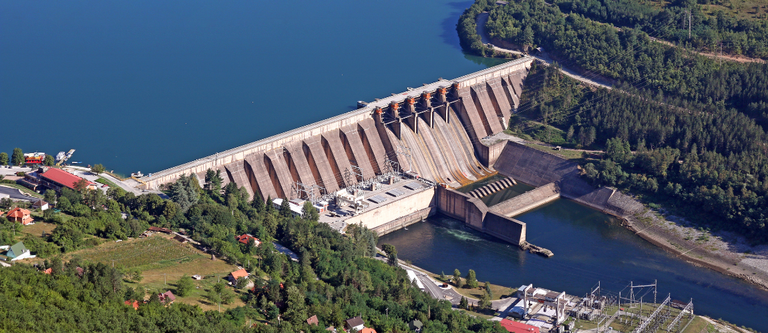Notícias
CARTEL
CADE’s investigative arm recommends convicting cartel in construction of hydroelectric power station Belo Monte

On 3 August 2022, the Office of the Superintendent General of CADE issued an opinion recommending the conviction of companies Construções e Comércio Camargo Corrêa and Construtora Norberto Odebrecht S.A, and three individuals, for cartel practice in public procurements concerning the construction of the hydroelectric power station Belo Monte, located in the Xingu River basin, state of Pará, Brazil.
The investigation began in September 2016 upon the signature of a leniency agreement that brought the conduct to CADE’s attention. Thus, the investigative body of CADE launched an administrative enquiry to ascertain the facts.
As stated in the Office of the Superintendent General’s opinion, the cartel allegedly affected competition and had harmful effects on the Treasury since it entails one of the most significant public infrastructure projects carried out in Brazil. In 2005, the engineering companies joined to complete a technical feasibility study of the hydroelectric power plant started by the federal government in the 1970s.
According to the investigations, the cartel operated from 2009 to 2011, shortly preceding the auction related to the exploitation and construction of Belo Monte. The conduct included exchanging competitively sensitive information, agreements, arrangements, and market allocation schemes to divide the public procurement. The companies allegedly held meetings in which their representatives agreed on the details of the conduct.
The Office of the Superintendent General has remitted the case to the Tribunal of CADE for it to render a final decision. If found guilty, the companies may have to pay fines of up to 20% of their revenue in the business activity the previous year before the launching of the administrative proceeding. The involved individuals, in turn, are subject to fines ranging from BRL 50,000 to BRL 2 billion. If administrating individuals are directly or indirectly responsible for the violation, they are subject to paying fines ranging from 1 to 20% of that imposed on the company.
CADE’s Leniency Agreement
According to Law 12529/2011, the leniency agreement aims to identify participants in a cartel and obtain information and documents that prove the violation. One can sign it when CADE does not have sufficient evidence to convict the involved parties by the time of the leniency proposal.
Only the first applying company (or its business group) can sign leniency. With it, they commit to cease the practice, admit participation and fully cooperate with the investigations, identifying other participants and submitting relevant information. The leniency agreement benefits its signatories with the cancellation or reduction of administrative penalties. Signed together with the Prosecution Services, it also grants signatories immunity from criminal prosecution regarding the cartel.
Access case no. 08700.006377/2016-62